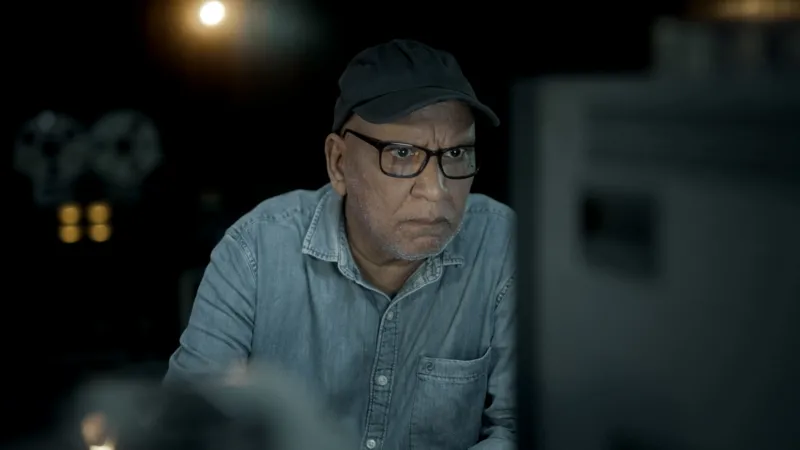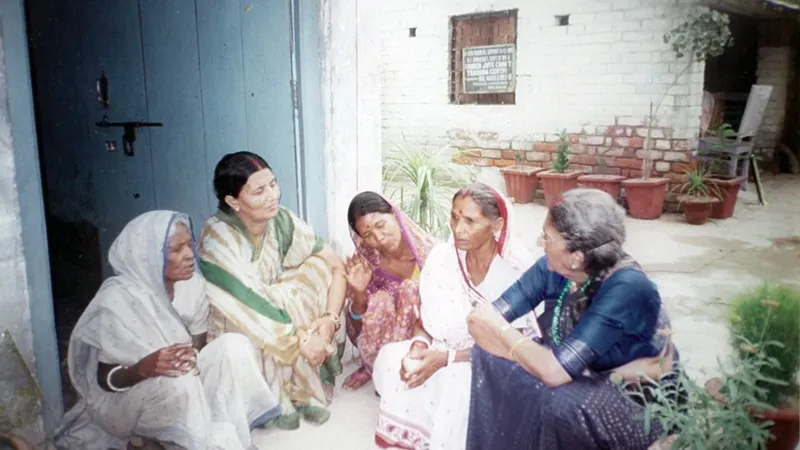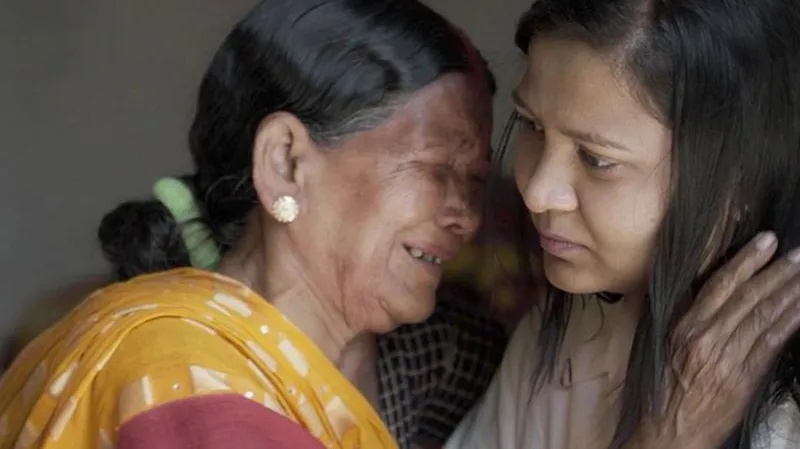In a small village in India, a remarkable story of liberation and transformation unfolds. It begins with a group of midwives in rural Bihar who were once pressured into committing a despicable act – the killing of newborn baby girls. However, these women turned their lives around and began saving the very lives they were once forced to take. It is a story of deeply entrenched cultural norms, social pressure and the courage to change.
The burden of tradition
Midwife Siro Devi wipes away tears as she hugs Monika, who has returned to her birthplace in rural India. The tears are not just of joy, but also of relief and regret. Many years ago, Siro, along with other midwives, were part of a dark chapter in Indian society where they were forced to commit infanticide under pressure from families who saw baby girls as a burden rather than a blessing.

In the 1990s, journalist Amitabh Parasher exposed this horrific reality in Bihar’s Katihar district. At the time, the practice of dowry – a gift or payment made by the bride’s family to the groom’s family – was still widely practised. Although it was outlawed in 1961, the tradition continued, making daughters seem like an economic burden. Many families, facing severe poverty, turned to extreme measures to avoid the financial stress associated with raising girls.
Confessions of midwives
Siro Devi, along with other midwives such as Haqiya Devi and Dharmi Devi, confessed to killing several newborn girls, usually under extreme pressure from the families. “The family would lock the room and stand behind us with sticks,” Haqiya Devi recalled. “They would say, ‘We already have four or five daughters. This will drain our wealth.'”
These midwives, who belonged to India’s lower castes, were caught in a cruel cycle. They were given small rewards for carrying out these horrific acts – sometimes a sari or a sack of grain, but often nothing. In a society where saying no to powerful people was not an option, these midwives had no choice but to obey.
The one question that changed everything
But the change began with a simple question asked by Anila Kumari, a social worker working with women in villages around Katihar. She asked, “Would you do this to your daughter?” This one question unraveled years of insensitivity and denial. It forced the midwives to look at their actions in a different light. Inspired by Anila’s dedication to addressing the root causes of these killings, the midwives slowly began to resist the pressure to kill.
Anila’s approach was compassionate but firm. She understood that these women were themselves victims of circumstance, caught in a patriarchal web that valued sons over daughters. By forming community groups and providing financial support, Anila provided them with the tools they needed to resist and say no to the demands of families who wanted to kill their newborn daughters.

From taking lives to saving them
By 1996, the change was evident. Siro and her colleagues began rescuing newborn girls. If a family insisted on killing a child, Siro would tell them, “Give me the baby, and I will take her to Anila madam.” This was a significant change, as these women who were once seen as criminals became protectors.
At least five baby girls were rescued by the midwives and handed over to Anila. These children, who were abandoned by their families as a burden, were given a chance at life. Anila ensured that the rescued girls were sent to an NGO in Patna, where they were eventually adopted. Although one girl died tragically, four others found new homes.
Reuniting the rescued girls
One of these rescued girls was named Monika. She was adopted by a loving family in Pune, far away from her birthplace in Bihar. Growing up, Monika knew she was adopted, but she didn’t know about the dramatic circumstances surrounding her birth until recently. With the help of journalist Amitabh Parasher and the BBC World Service team, Monika found out more about her origins and the brave midwives who saved her life.
Monika decided to travel to Bihar to meet Siro Devi and Anila Kumari, the women who played a key role in her survival. It was an emotional reunion filled with tears, gratitude and closure. Anila cried tears of joy as she hugged Monika. But for Siro, it was a moment of profound reckoning. She held Monika close and said, “I took you to the orphanage to save your life… now my soul is at peace.”
The ongoing battle against gender bias
Although significant progress has been made in reducing female foeticide, gender bias against girl children is still deeply rooted in parts of India. Although it has been illegal since 1994, sex-selective abortions still occur, and baby girls are sometimes abandoned. During the filming of a documentary on the midwives’ story, two baby girls were found abandoned in Katihar—one in the bushes and the other by the roadside. Only one survived, and was later adopted by a couple from Assam.

